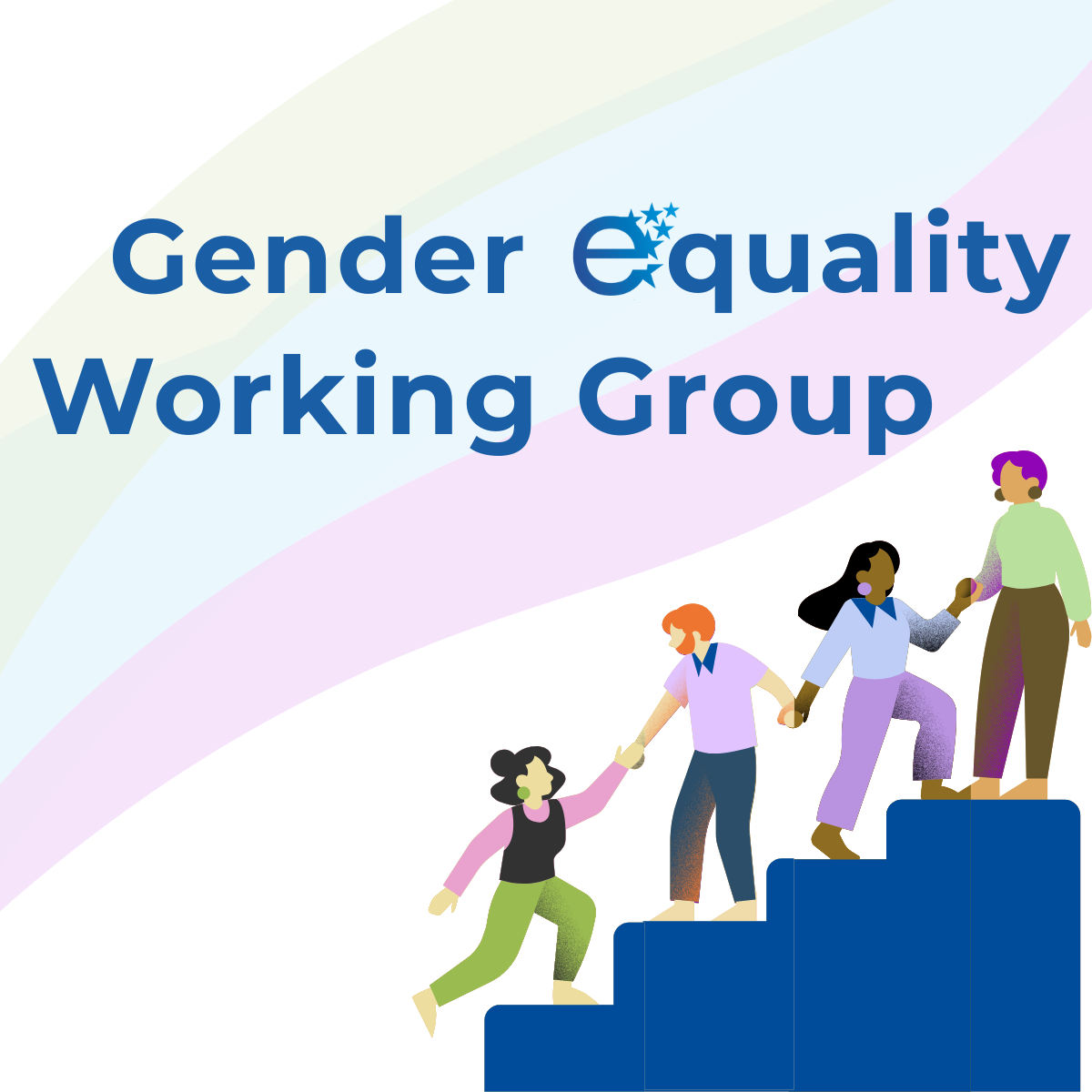The newly established WG is intended to support Regional Development Agencies (RDAs) in mainstreaming gender equality both within their internal structures and across the regional ecosystems they serve. The initiative reflects a growing recognition within EU institutions and regional policy circles that gender equality is not merely a human rights imperative, but also a precondition of regional competitiveness, innovation, and social cohesion.
The timing of the WG’s launch is especially relevant. As the need to address gender-based inequalities gains recognition across EU policies, many programmes are now encouraging or requiring the development of Gender Equality Plans (GEPs) as part of a broader shift toward institutional transformation. The GE-WG was established to support RDAs in embracing this shift by offering a platform to share experiences, co-design practical tools, and strengthen their strategic capacity to embed equality across both internal practices and regional development actions.
The kick-off meeting brought together RDAs from across Europe, including ART-ER (Italy), SPRI (Spain), Trentino Sviluppo (Italy), the Canary Islands Institute of Technology (Spain), ACCIÓ (Spain), ADR Nord Vest (Romania), and ZARA (Croatia). The session began with members reflecting on their motivations for joining the group and their initial expectations for their role within the group, followed by a discussion of the WG’s visual identity and an assessment of the post-General Assembly results of the Call for Expressions of Interest survey. A strong consensus emerged around the priority to develop a GEP template/toolkit tailored to the needs of RDAs, with members also expressing interest in knowledge exchange events, a repository of good practices, and mapping of EU funding opportunities, among others.
A highlight of the meeting was the experience-sharing session led by the WG’s co-leads, Valeria Bandini from ART-ER and Cristina Oyón from SPRI. ART-ER’s GEP was presented as the result of a collective and inclusive process. It was informed by internal data diagnostics, employee consultations, and an open discussion of institutional culture and values. Concrete components of the plan include the establishment of a working group, allocation of dedicated resources, inclusive communication strategies, and a focal point for staff. ART-ER also engages regional stakeholders through a gender map and best practice repository, underlining its role in supporting gender equality both internally and externally. SPRI shared its comprehensive GEP structured around three strategic pillars: good governance, people management, and societal impact. Actions include periodic gender equality monitoring, bias awareness training, inclusive hiring practices, flexible working conditions, and participation in initiatives like InspiraSTEAM.
The meeting concluded with an interactive Slido session through which members decided that quarterly meetings were the preferred frequency and that one of them could potentially be dedicated to an open event. The interactive session also highlighted topics of interest for the events.
All in all, the GE-WG kick-off meeting marked an important step forward in EURADA’s efforts to embed gender equality in regional development and in its network. It demonstrated not only the members’ willingness to contribute their knowledge and experience, but also the potential for collaboration to produce tangible, actionable tools for the benefit of the wider network. As the WG prepares for its next session in autumn 2025, the co-leads will begin drafting the GEP toolkit, supported by the contributions of interested members. EURADA will continue to facilitate this process, helping RDAs lead by example and deliver inclusive policies across Europe.
If you have any questions or wish to join the WG, feel free to contact our colleague Cristina Sanz Rutherford.
